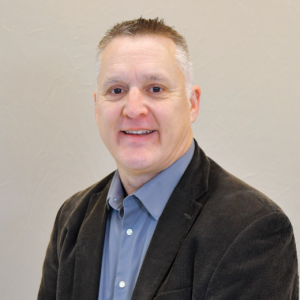Mizzou is the fifth university to join the National Science Foundation consortium.
July 24, 2023
Mizzou has become the fifth university to join the Center to Stream Healthcare in Place (C2SHIP), a National Science Foundation (NSF) consortium focused on helping patients monitor and manage their health at home.
Co-PIs on the project are Prasad Calyam, Gilliom Professor of Cyber Security; Giovanna Guidoboni, professor and associate dean of research for engineering; Mihail Popescu, professor of health management and informatics in the School of Medicine; and Blaine Reeder, associate professor in the Sinclair School of Nursing.
Read more about this accomplishment on Mizzou Engineering‘s website in an article posted on August 12, 2022.
